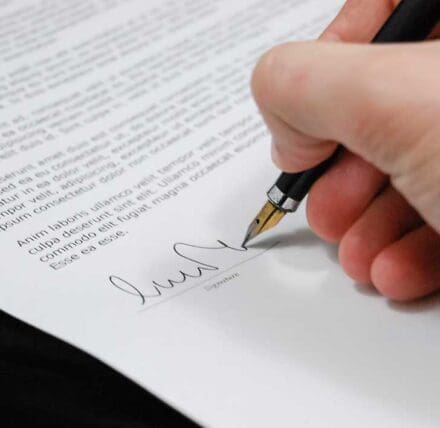INSIGHTS
Updated 31 January 2020
Summary: If you die without leaving a Will after your debts and liabilities are all paid, your estate is distributed in a particular order. First, your spouse or civil partner will be entitled to “Prior Rights”. They will inherit your interest in the house, but only if they are ordinarily resident there, up to a value of £473,000; furniture up to a value of £29,000 and an entitlement to £50,000 cash (if you have children) or £89,000 if you die leaving no children. Find out more in our Insight below.
Comparing Prince Case to Scotland
Reports claimed in 2016 that the American pop star Prince passed away with no Will, leaving an estate worth up to $800million. Prince passed away in Minnesota in the USA where the laws of intestacy are much more straightforward than they are here in Scotland.
Prince was twice divorced and had no children. His parents had predeceased him so his only surviving relatives are one full-blood sister and five half-siblings from his father’s second marriage. In Minnesota, a half-sibling is treated equally with full-blood siblings, so Prince’s estate shall be shared equally amongst all six siblings. If only things were that straightforward in Scotland …
Intestacy in Scotland
In Scotland, it is a time consuming and costly exercise to administer an intestate estate. The first port of call is at the court to have an executor appointed, followed by an expensive insurance policy to ensure the estate is wound up in accordance with the rules of intestacy.
The lack of a Will can cause unnecessary uncertainty, distress and expense for those left behind and if your circumstances are less straightforward than those in a “nuclear family” with a spouse and 2.4 children, the consequences could be devastating with your estate going to people you might not want to inherit your estate.
How is your estate distributed when you die without leaving a Will?
If you die without leaving a Will after your debts and liabilities are all paid, your estate is distributed in a particular order:
- Your spouse or civil partner will be entitled to “Prior Rights”. They will inherit your interest in the house, but only if they are ordinarily resident there, up to a value of £473,000; furniture up to a value of £29,000 and an entitlement to £50,000 cash (if you have children) or £89,000 if you die leaving no children.This is something you should bear in mind should you be separated from your spouse or civil partner. They will still be entitled to these rights although they won’t get your interest in your home if they have not been living there. The best way to avoid this is to ensure you have a Will.
- If there is any estate left after Prior Rights, your spouse/civil partner and children, if any, are entitled to Legal Rights. If you have children, it will mean that your spouse/civil partner will be entitled to a further one-third of your moveable estate or one-half of your moveable estate if you die leaving no children. Your children would also be entitled to a one-third share of your moveable estate if you left a spouse or civil partner and equally, a one-half share if you had no spouse or civil partner.
- The remainder of your estate would then be distributed in accordance with a hierarchy set out by the Succession (Scotland) Act where your parents and/or siblings may be entitled to a share of your estate.
What happens if my partner dies and we are not married?
If you die without leaving a Will and you have a partner to whom you are not married or in a civil partnership with, they will not be automatically entitled to any part of your estate. If you have no Will, however, they can apply to the court to ask them to consider a discretionary financial award under the current legislation. This is not automatic and there is no guarantee of success. If you do not want your partner to inherit anything from your estate, then the key is to draft a Will leaving no provision for the partner.
Making a Will is a straightforward process and only takes an hour or two from start to finish.
About the author
RELATED
CONTACT US
Call us for free on 0330 912 0294 or complete our online form below for legal advice or to arrange a call back.


